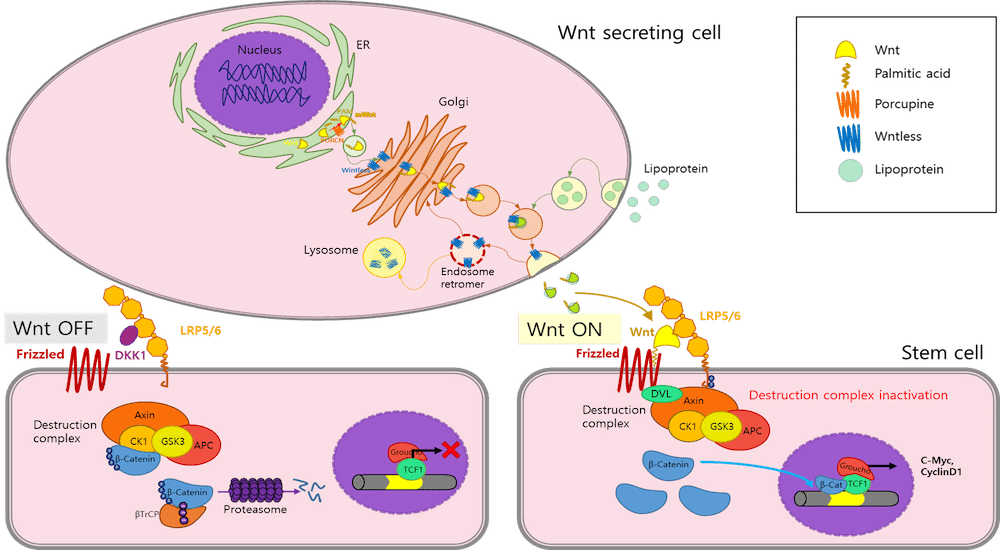Tinnitus drug cure researcher wins top UK hearing award, the Shapiro Prize
tinnitus
Work towards a pharmacological solution for tinnitus has been recognised by the British Tinnitus Association (BTA) conferring its top annual award—the Marie and Jack Shapiro Prize—to a study that investigated the safety and efficacy of a potential drug treatment for the condition.

The Shapiro Prize was presented virtually to Professor Deborah Hall of the NIHR Nottingham Biomedical Research Centre for the winning paper, which compared the novel drug AUT00063 with a placebo in a robust, statistically-powered, multi-centre randomised trial.
A drug solution for tinnitus is high on the BTA’s wish list, and this leading charity has targeted pharmacological routes in its roadmap towards a cure for this annoyance, which is estimated to be lived with permanently by some 13% of people. The Marie and Jack Shapiro Prize is given each year by the BTA published research by a UK based author ˝most likely to result in improved treatment or public awareness of tinnitus˝.The prize is named after the late Jack Shapiro, the founder of the British Tinnitus Association, and his wife Marie, who both played an important role in the establishment of the charity and in raising awareness of tinnitus.
The winning 2020 study “A balanced randomised placebo controlled blinded phase IIa multi-centre study to investigate the efficacy and safety of AUT00063 versus placebo in subjective tinnitus: The QUIET-1 trial.” – led by Prof. Hall and a team of clinicians and researchers – found that although the drug was safe and well-tolerated, AUT00063 was did not deliver improvement in tinnitus symptoms.
BTA Chief Executive, David Stockdale, commented: “There is currently no pharmaceutical solution for tinnitus but one is certainly very much wished for by people with the condition. This project was an important study and provides the tinnitus research community with many important learning points. ”
Biobank study shows tinnitus bothers high percentage of middle-aged
Meanwhile, a new study led by Dr. Piers Dawes from the University of Manchester, with support from the British Tinnitus Association, looked at data from 168,348 people, with 4,746 assessed at a four-year follow-up. Published in the journal BMJ Open, the research found that almost one-fifth of middle-aged people have permanent tinnitus and around one-third of these describe it as ‘bothersome’. This is a much higher proportion of people than in other age groups: tinnitus affects an estimated one in eight adults in the UK.
Over time, 18.3% of people reported that they no longer had tinnitus, while 9% reported an improvement, and 9% said that it was more bothersome. The rest reported no change.
This new research, uses data from the UK Biobank and, says the BTA’s David Stockdale, the paper ˝shows how existing bioresources can advance our knowledge of tinnitus. It’s vital that these are better utilised, as the data contained could reveal crucial information to help our progress towards a cure for tinnitus.”
Source: BTA


